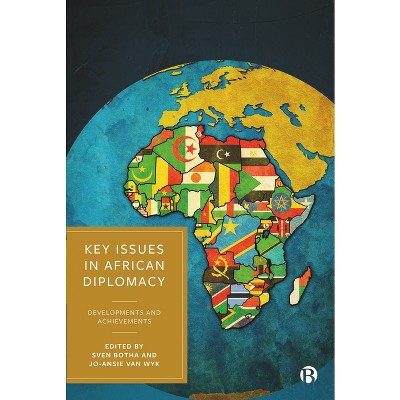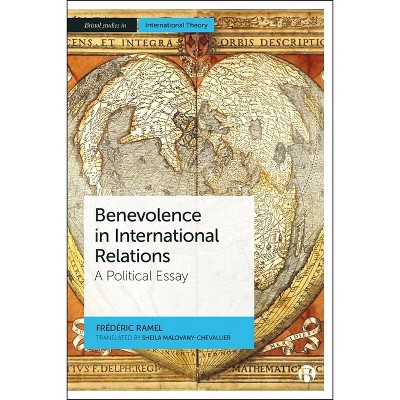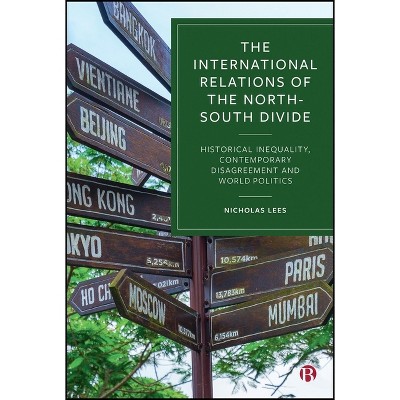Sponsored

Nigerian Security - by Manu Lekunze
Pre-order
Sponsored
About this item
Highlights
- Despite Nigeria's critical position in African security, academics and policymakers globally often overlook the gravity of its security challenges.
- About the Author: Manu Lekunze is Lecturer in International Relations at the University of Aberdeen, United Kingdom.
- 240 Pages
- Political Science, International Relations
Description
Book Synopsis
Despite Nigeria's critical position in African security, academics and policymakers globally often overlook the gravity of its security challenges. This book examines Nigeria's survival and its implications on international security.
It uses the Nigerian case to contribute to a broader understanding of how great powers relate with small powers, such as most African states. The Nigerian case contributes to the body of literature that integrates small/minor powers into realist studies in International Relations. The empirical and theoretical contributions offer insights for developing more effective policies to address the security challenges outlined in the book.
Review Quotes
"Those who study Africa are very used to the claim that Nigeria is a latent great power. Manu Lekunze develops an alternative argument based on the idea that Nigeria is better understood in global terms as a minor military power operating in a highly precarious internal and international context. What follows from this premise is an ambitious, distinctive and provocative analysis of the challenges facing Nigerian security, which concludes that not only is it likely that Nigeria will not survive but that ethnic nationalism might well be the basis for more stable and prosperous successor states in a reconfigured West African political geography." Ben Page, University College London
'This forthcoming book, Nigerian Security: The Tragedy of Latent Great Powers, is a timely and compelling work that interrogates why Nigeria, despite its immense population, resources, and strategic position, continues to punch below its weight in international security. By weaving together rich empirical evidence and realist theoretical insights, the author powerfully situates Nigeria's struggles within broader international security debates. The book is an indispensable resource for scholars, policymakers, and practitioners seeking to understand the paradox of Nigeria's latent power and the persistent tragedy of its unrealized potential.' Freedom C. Onuoha, University of Nigeria
About the Author
Manu Lekunze is Lecturer in International Relations at the University of Aberdeen, United Kingdom.











